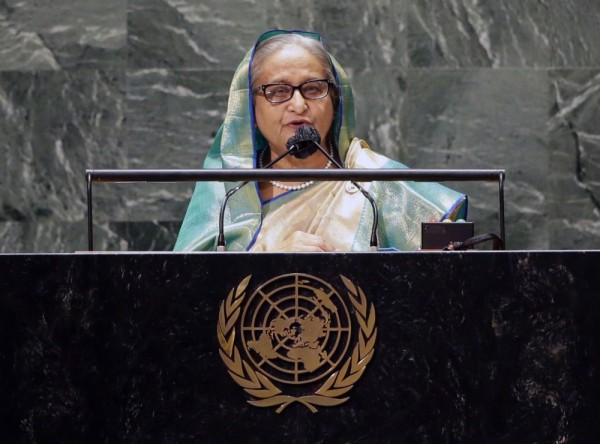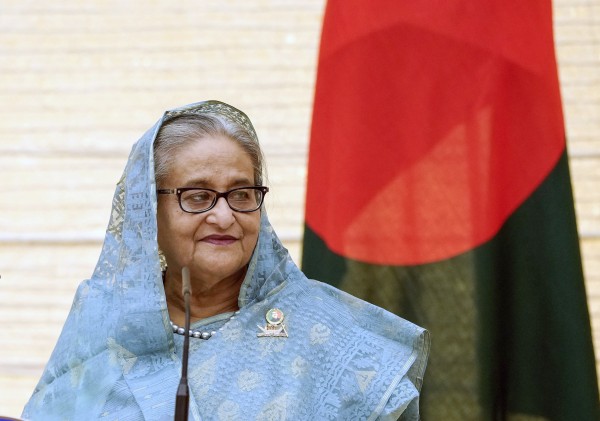A high-level IPI mission will visit Dhaka, Bangladesh, from 28 November to 2 December to meet with government representatives, the political parties running in the elections, as well as with editors, journalists, and representatives of civil society.
Elections, currently scheduled for 29 December, could represent the beginning of a new, more democratic era in the country. However, IPI is concerned that restrictions imposed on journalists might prevent the media from fairly reporting on the elections, the parties and the issues, as well as from exposing potential failings and irregularities in the voting system.
The IPI delegation will therefore seek guarantees from representatives of the interim administration and the political parties that they will protect media freedom in the run-up to and after the elections and ensure that journalists are not persecuted due to their reporting.
The high-level mission includes IPI Director David Dadge, Owais Aslam Ali, Secretary General of the Pakistan Press Foundaton and Chairman of Pakistan Press International, Karachi, as well as Padma Singh Karki, Chairman of IPI’s Nepal National Committee and editor and publisher of the Kathmandu-based Gatibidhi Weekly.
IPI’s decision to carry out a mission to Bangladesh was largely prompted by the strong restrictions imposed on the media by the country’s interim administration, which has been ruling Bangladesh since January 2007. Such restrictions, included in Bangladesh’s Emergency Power Rules of 26 January 2007 and the Counterterrorism Ordinance, adopted on 11 June 2008, have given authorities sweeping powers to persecute journalists. These new measures added further pressure on the media, already subjected to criminal defamation laws and the 1974 Special Powers Act, which allows detentions of up to 90 days without trial.
The mission will end with a press conference at Dhaka’s Press Club on 2 December. An in-depth report about the delegation’s findings will be published on IPI’s website www.freemedia.at in early December.


